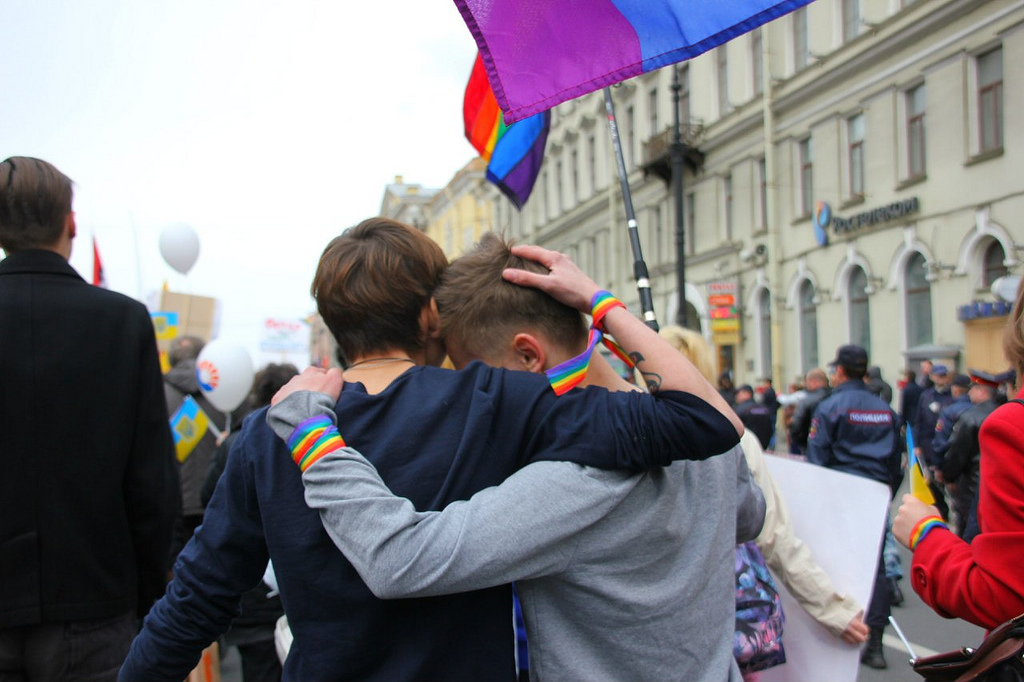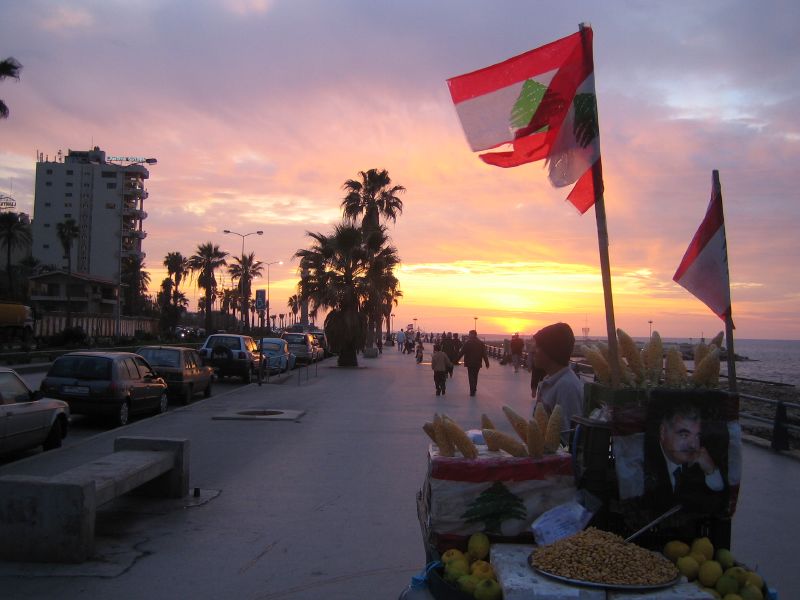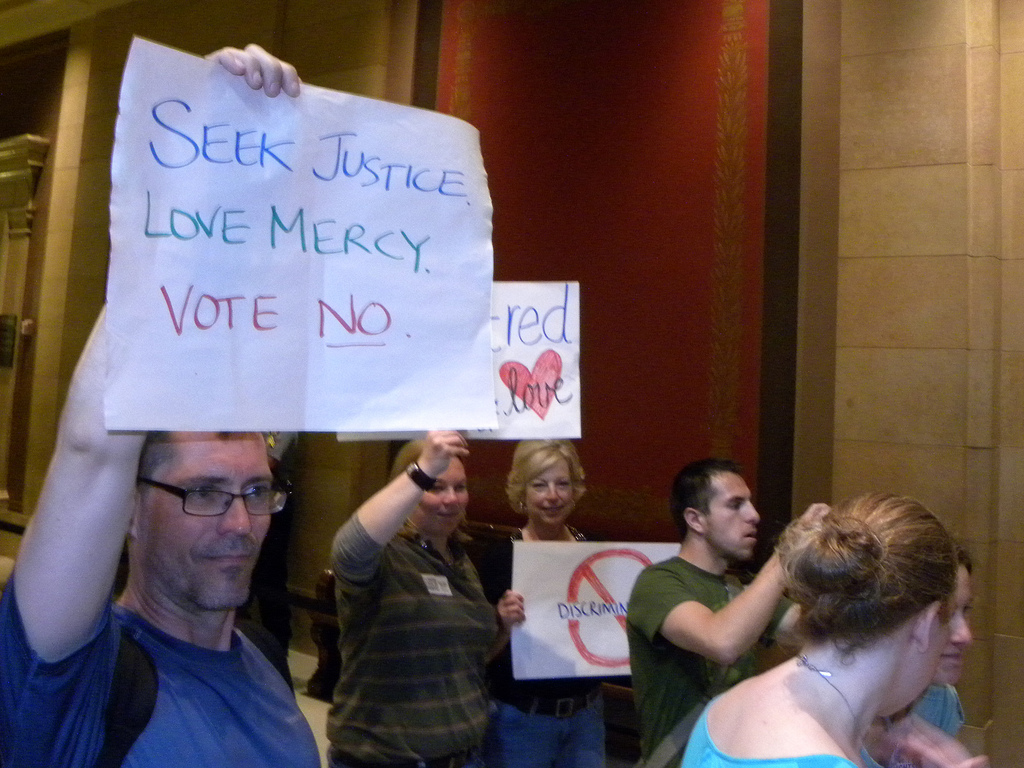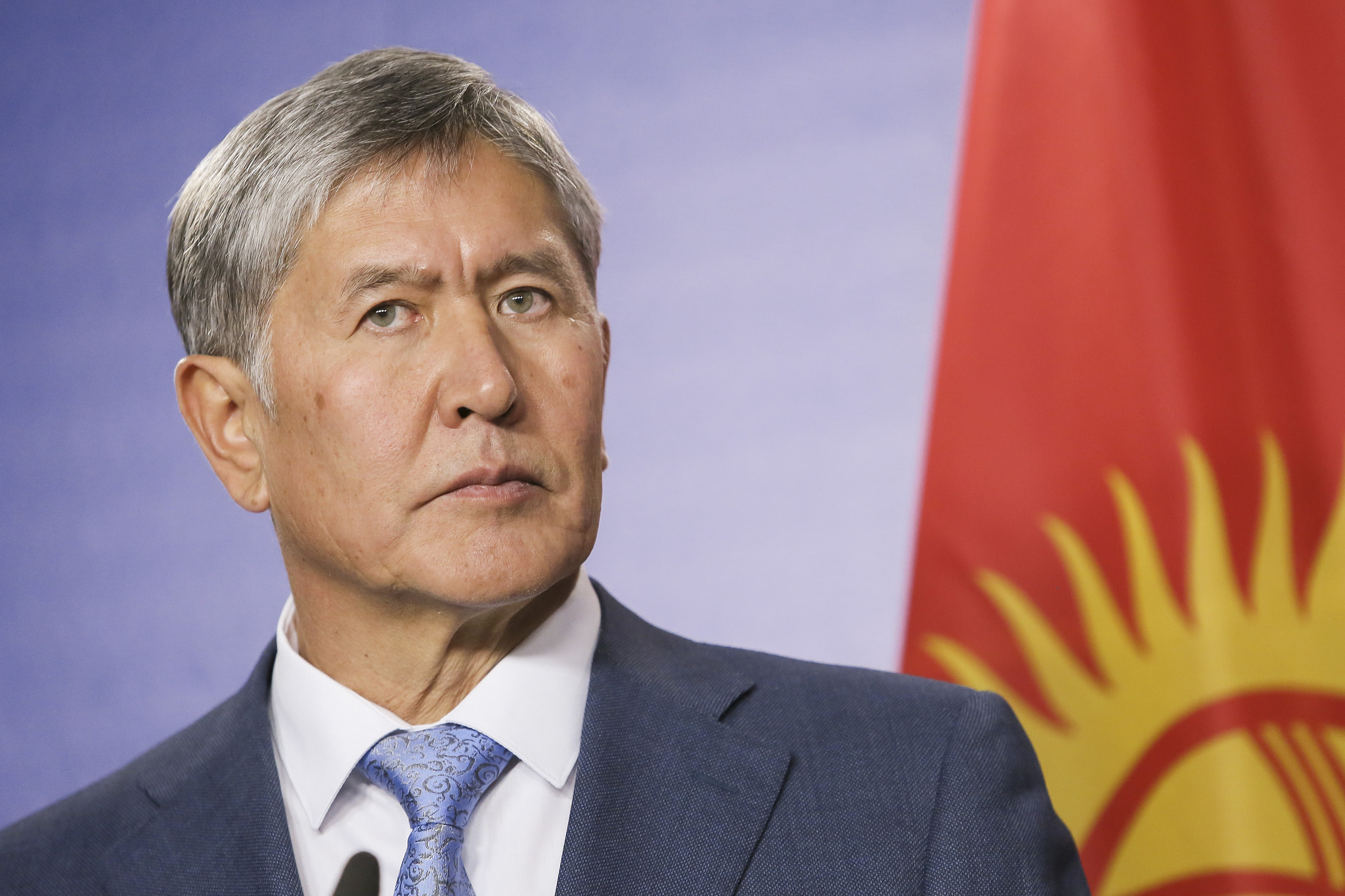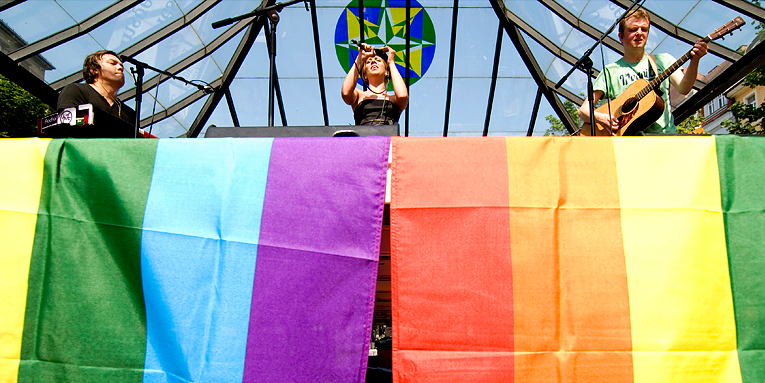Tuesday, the European Commission’s published its annual progress reports on accession states’ progress towards EU Membership. The reports include important and extensive information on the situation of lesbian, gay, bisexual, transgender and intersex people in those 7 countries.
The European Commissioner responsible for Enlargement, Johannes Hahn, presented the 2015 progress reports to the European Parliament’s Committee on Foreign Affairs.
In his speech the Commissioner emphasised that the reports have “a strong focus on fundamental rights, including freedom of expression and fighting discrimination, notably against the LGBTI community and Roma”.
LGBTI content of the reports
The reports show that LGBTI people continue to face discrimination, threats and violence in the Western Balkans and Turkey. This is a consequence of both a lack of anti-discrimination and hate crime legislation, as in Turkey and the Former Yugoslav Republic of Macedonia, and a lack of effective implementation and prosecution of perpetrators, as is observed in the other four countries.
Turkey is particularly singled out for its high number of hate crimes, attacks and murders of transgender persons.
Successful prides in Albania, Kosovo and Serbia were welcomed, whereas Montenegro and Turkey were condemned for the ban of the Nikšić Pride and police violence against Istanbul Pride.
Concerning legal gender recognition, the report on Montenegro welcomes the adoption of a new protocal for legal gender recognition, whereas Bosnia and Herzegovina and Serbia are criticized for the absence of such procedures. Turkey is criticized for the excessive requirements for gender recognition.
European Parliament reacts
Ulrike Lunacek MEP, Co-President of the Intergroup on LGBTI Rights and Rapporteur for Kosovo, commented: “While I am very glad to see that many governments of accession states are improving the legal situation for their LGBTI citizens, we cannot set aside that some countries are going back or standing still, rather than moving forward. Regrettably, implementation is lagging behind in all countries.”
“The police violence against Istanbul Pride is a sad example of this, as is the complete lack of progress on anti-discrimination legislation in Macedonia and Turkey. The European Parliament will take this up extensively in our own reports.”
Daniele Viotti MEP, Co-President of the Intergroup on LGBTI Rights, added: “We are a union built on values of democracy and human rights. However, many LGBTI people in South Eastern Europe still face discrimination and violence because of their sexual orientation or gender identity.”
“In this regard, I am very pleased to see that the Commission continues to put a strong emphasis on the rights of LGBTI people throughout its accession reports. It shows that the EU takes its commitments to human rights seriously.”
Article originally published by the European Parliament’s Intergroup on LGBT Rights
Read more:

